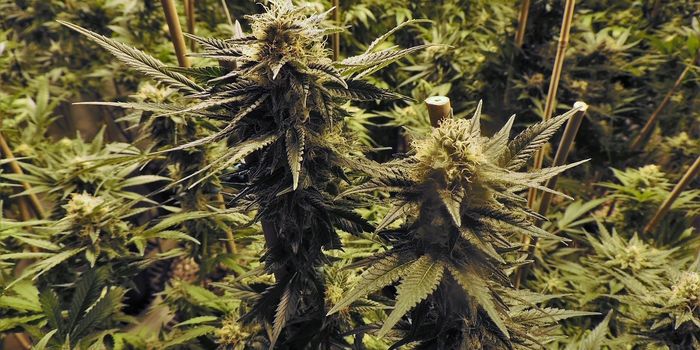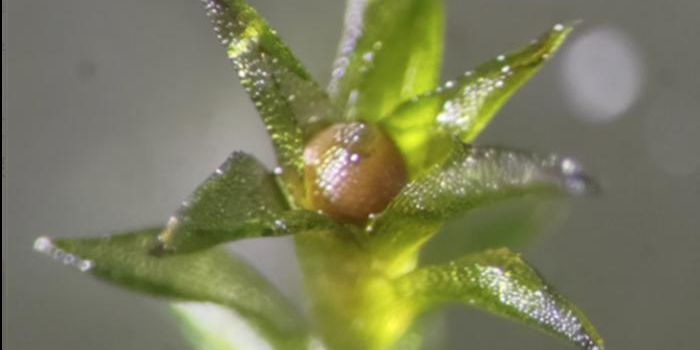What do you do with your food waste? Most people’s waste goes into the trash bin and then they don’t think about it anymore. But all this waste must go somewhere, and the majority of it ends up going to landfills where it is buried. In more developing nations, many people burn their waste. Composting is an important alternative for disposing food remains because compost systems can create rich soils to fertilize your garden and grow more foods, thus completing the nitrogen cycle. However, a normal compost system cannot support dairy or meat and to create such rich soils can take months, depending on the climate that you live in. HomeBiogas offers another solution.
“It is an on-site waste treatment system that can digest all of the organic wet waste generated by a household; and hence dispenses with the need to transport and centrally process the waste in a landfill,” says Ami Amir, marketing and business development for HomeBiogas. “On top of that, it provides immediate gains through the cooking gas and natural fertilizer that it provides the household.”
Biogas is generated by the system through anaerobic fermentation of organic matter such as food leftovers and animal manure. The lighter-than-air biogas that is produced contains mainly methane gas and carbon dioxide and is flammable. The fertilizer produced by the system may be used in gardens or for other vegetation, including hydroponic systems with detached beds.
“The gas may be used for cooking, lighting or heating water by using devices which are compatible with low pressure biogas,” says Amir.
The system's principle of operation begins when organic matter is fed into the digester tank, which has been filled with water. The anaerobic bacteria in the water (added from a powder that then produce reproducing bacteria) biodegrade the matter and digest it. Biogas is created during the fermentation process.
“The system operates as a continuous-flow system. The materials to be processed are fed in one end, and the gas and fertilizer are emitted from the other end. A mechanical mechanism unique to this unit regulates the gas pressure, enabling the gas to be delivered at a stable and predictable pressure, as required for reliable cooking or heating,” says Amir.
The generated biogas is filtered to remove any unpleasant odors and toxic gases such as hydrogen sulfide. The liquid fertilizer is filtered by flowing via a chlorine tablet that reduces the amount of active bacteria. The biogas can then be connected via a gas pipe to a stove, and the fertilizer can be collected in order to use it to feed the plants.
The system can process up to 5 kilograms of food leftovers, 15 quarts of animal manure or a combination of some food waste and some animal manure. The daily gas output is equivalent to about 6 kilowatt-hours of energy. “In layman terms, enough gas for three hours of cooking,” says Amir. “It accepts meat, fish, fats, oils and dairy stuff—all of which are not treatable by composters.”
Because the systems can be assembled and taken apart easily (the digesters only take about three hours to install), the systems have been used in areas that lack electricity. For instance, Reuters reports that the European Union funded a project to bring 40 HomeBiogas systems to the Palestinian village of al-Awja in the central West Bank’s Jordan Valley. Jewish Business News also reports that a system was also set up in the Buvundya Orphanage in Uganda, thanks to a donor. The company’s chief scientist and cofounder, Yair Teller, told JBN: “These children lit up when they discovered the HomeBiogas magic — that they can transform their waste and produce their very own energy.” Some digesters have also been provided to Bedouin in Israel in partnership with the Arava Institute for Environmental Studies, based in the arid Negev desert.
Oshik Efrati, chief executive officer of HomeBioGas, said he hoped the product would save many lives in rural areas across the world where smoke from cooking on an open fire causes severe respiratory illness and death. However, the company is also looking to expand in developed countries and is looking for clients hoping to take an eco-friendly step towards their waste consumption.
Sources:
The Huffington Post,
Reuters,
Waste360,
Jewish Business News









